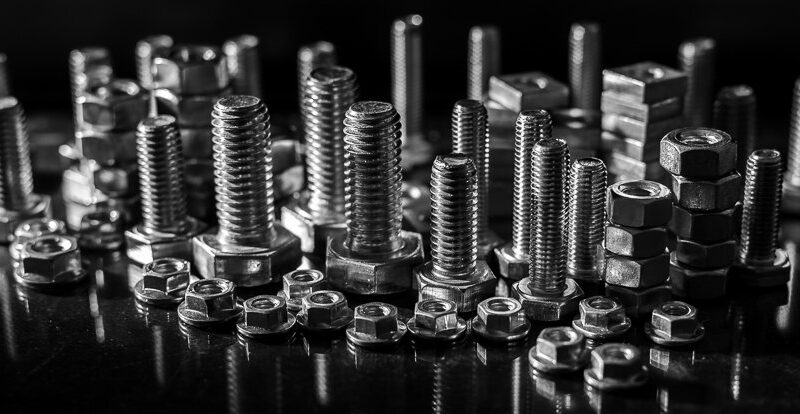SS Fasteners: Choosing the Right Type for Your Application
SS fasteners play a crucial role in various industries, providing strong and corrosion-resistant solutions for joining materials. They are widely used in construction, automotive, marine, and manufacturing industries due to their durability and ability to withstand extreme environments. Selecting the right SS fasteners depends on factors such as material grade, type, application, and environmental conditions. Whether for high-temperature environments or heavy-load applications, choosing the correct fasteners ensures safety and long-term performance.
1. Understanding Different Types of SS Fasteners
There are various types of SS fasteners, including bolts, screws, nuts, washers, and studs. Each type serves a specific function:
- Bolts and Screws – Used for secure fastening in machinery, structures, and equipment.
- Nuts and Washers – Provide stability and load distribution for bolted connections.
- Studs – Used in high-pressure applications for strong and reliable fastening.
2. Choosing the Right Material Grade
SS fasteners are available in different grades, such as 304, 316, and 410 stainless steel.
- 304 SS – Offers good corrosion resistance and is ideal for general applications.
- 316 SS – Provides excellent resistance to moisture, saltwater, and chemicals, making it perfect for marine and chemical industries.
- 410 SS – Known for high strength and hardness, suitable for applications requiring wear resistance.
3. Considering Application Requirements
Before selecting SS fasteners, it is important to assess the application requirements. For outdoor or marine environments, corrosion-resistant grades like 316 SS are the best choice. In high-temperature settings, heat-resistant fasteners should be used. For structural applications, high-strength stainless steel fasteners provide the necessary load-bearing capacity.
4. Evaluating Coatings and Finishes
Some applications require coated or treated fasteners to enhance durability. PTFE, zinc plating, and passivation improve corrosion resistance and performance in extreme conditions. Depending on the industry, selecting the right finish ensures long-lasting results.
5. Ensuring Proper Size and Threading
The size and threading of fasteners determine their compatibility with other components. Choosing the correct dimensions prevents loosening and enhances the reliability of the assembly. Always verify thread type and pitch to match the fastening requirements.
6. Checking Industry Standards and Certifications
Reliable SS fasteners should comply with international standards such as ASTM, DIN, and ISO. These certifications ensure high-quality production, strength, and safety for critical applications.
Conclusion
Choosing the right SS fasteners is essential for ensuring durability, strength, and safety in various applications. By understanding different types, material grades, coatings, and industry requirements, you can select fasteners that offer long-term performance and reliability in any environment.




